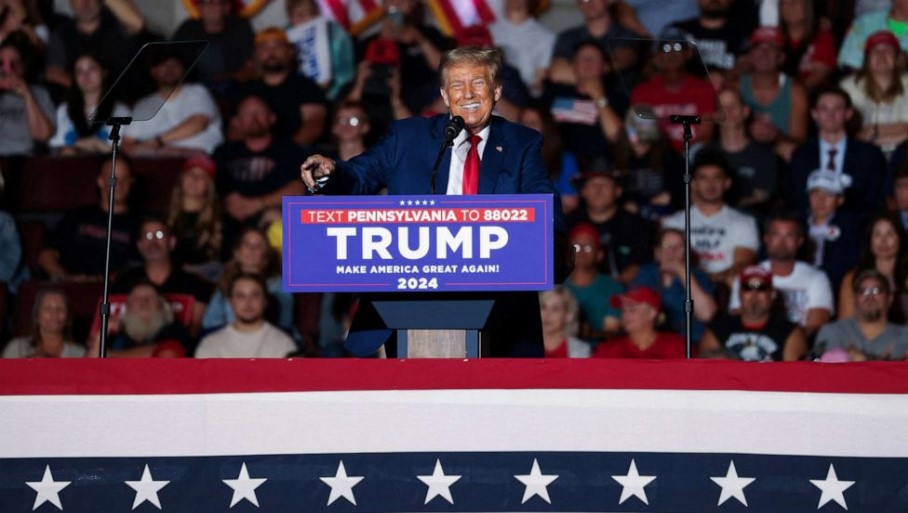Former President Donald Trump’s legal team has filed a motion to oppose a proposed protective order that would limit their access and disclosure of evidence in the election conspiracy case against him. They argue that the order would infringe on Trump’s right to free speech and prevent him from defending himself in the public eye.

Protective order seeks to restrict Trump’s use of evidence
The special counsel Jack Smith, who is investigating Trump for allegedly conspiring to overturn the 2020 election results, has asked the judge to impose a protective order over the discovery evidence in the case. The order would prevent Trump and his lawyers from sharing any materials provided by the government with anyone other than their legal team, possible witnesses, their lawyers, or others approved by the court. It would also impose stricter rules on “sensitive materials”, such as grand jury testimony and documents obtained through sealed search warrants. Under the order, Trump could only be shown these materials, not get copies himself.
Smith’s team says that the protective order is necessary to protect the integrity of the investigation and the privacy of witnesses and third parties. They also cite a recent social media post by Trump, in which he said, “IF YOU GO AFTER ME, I’M COMING AFTER YOU!” as an example of his potential to interfere with the case or intimidate witnesses.
Trump’s lawyers say order is too broad and violates First Amendment
Trump’s lawyers have responded by saying that the proposed protective order is too broad and restrictive of his First Amendment rights. They claim that the order would prevent Trump from publicly discussing or disclosing any non-public documents produced by the government, including potentially exculpatory ones. They also say that the order would give Smith’s team an unfair advantage in shaping public opinion about the case, while silencing Trump’s voice.
“In a trial about First Amendment rights, the government seeks to restrict First Amendment rights,” Trump’s lawyers wrote in their filing. “Worse, it does so against its administration’s primary political opponent, during an election season in which the administration, prominent party members, and media allies have campaigned on the indictment and proliferated its false allegations.”
Trump’s lawyers have asked the judge to reject Smith’s proposal and instead adopt a more limited protective order that would only apply to materials deemed “sensitive” by the court. They also argue that Trump should be allowed to review and copy these materials, subject to a confidentiality agreement.
Judge orders hearing on protective order
The judge overseeing the case, Tanya Chutkan, has ordered a hearing on the protective order for August 11. She has also asked both parties to submit briefs on whether Trump’s social media post constitutes a threat or an attempt to influence the case.
The hearing will be another milestone in the unprecedented case against Trump, who is accused of three criminal conspiracies to subvert democracy and remain in power after losing the 2020 election. The indictment alleges that Trump enlisted a slate of so-called “fake electors” targeting several states; used the Justice Department to conduct “sham election crime investigations”; and tried to enlist Vice President Mike Pence to “alter the election results”. Trump has pleaded not guilty to all charges and has denounced the probe as politically motivated.







